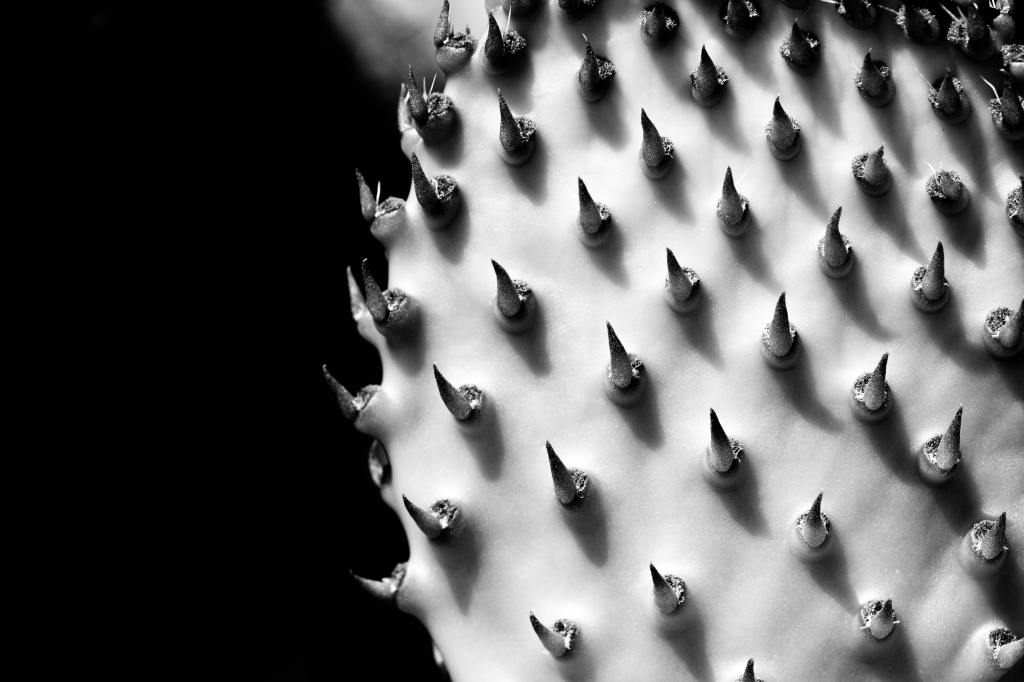
We humans are social animals. Without companionship we do not do so well. Loneliness is a major health risk factor for the development of many illnesses. The less socially connected we are the worse we may feel emotionally but also physically. Acts of human connection enliven both the donor and the recipient. It feels good to help someone else out. A win-win situation, you both get something out of it. It feels good to belong to something. To belong to a group or a tribe.
How does it feel when people with life-limiting illnesses are discharged from clinic for the last time. They might’ve been seeing their care team for years in some cases, all of a sudden they have lost the support. They might feel bereft. The closure of a relationship. They had always been there for me and now they are not. A void is created, can it ever be filled by anyone else? A feeling of rejection, of abandonment may be experienced. A shove off the edge of a cliff, into free-fall. A tie severed. We will never meet again, we just had our final goodbye. I thought it would last forever. People change over time, no matter how much they try to stay the same.
Goodbye, I have nothing else I can offer you, but you can come and see me again in six weeks. I wish you all the best. Please take care.
You said you’d always be there for me, through the worst while hoping for the best. You left me hanging. I didn’t know what was happening, the world seemed to spin around me like a not so merry-go-round. You told me to leave but I have no other place to go. I still need help. What did I do to deserve this? Was it something I said? Was it something I chose? Can we just talk? Please?
Please don’t go…




